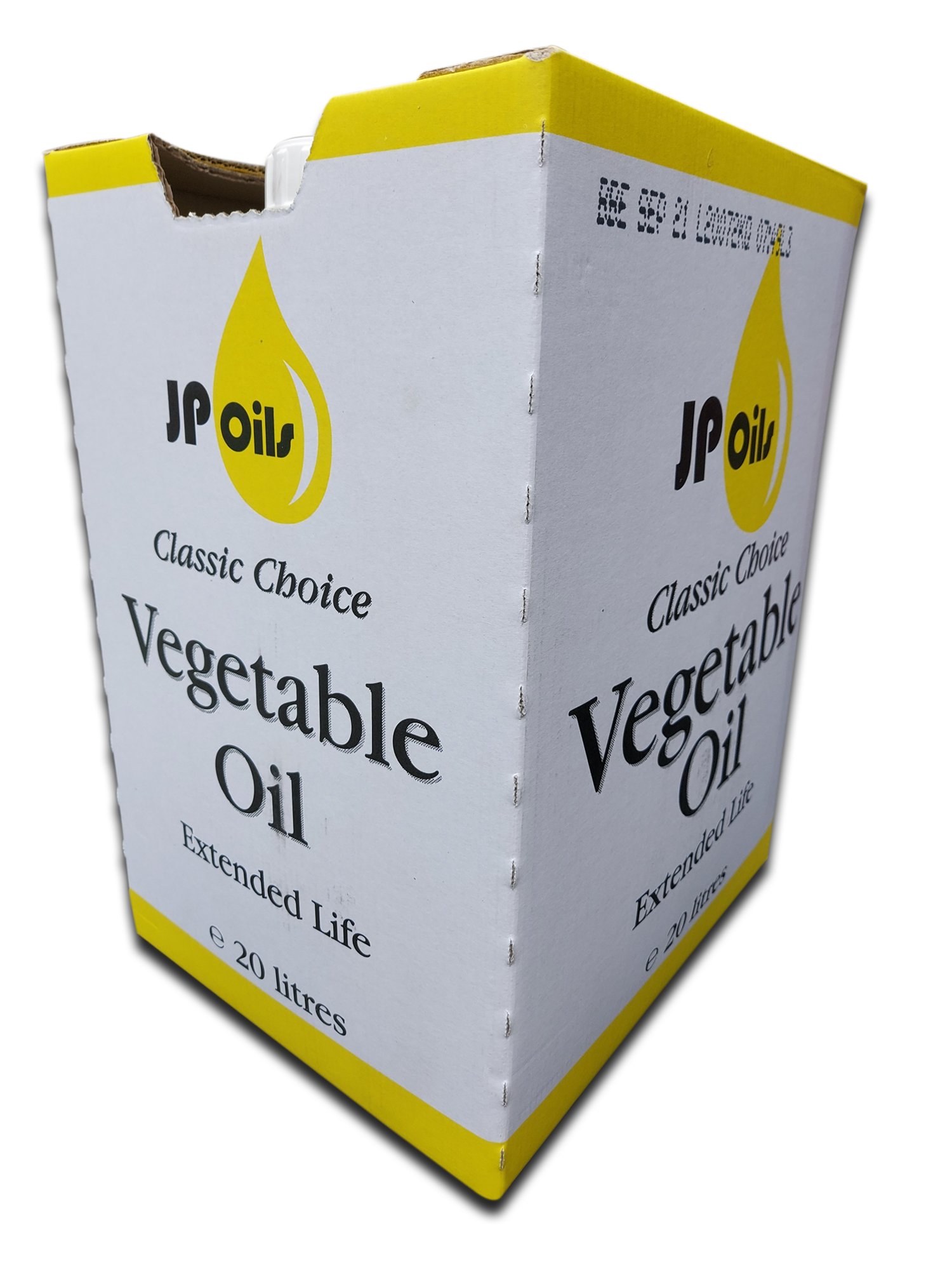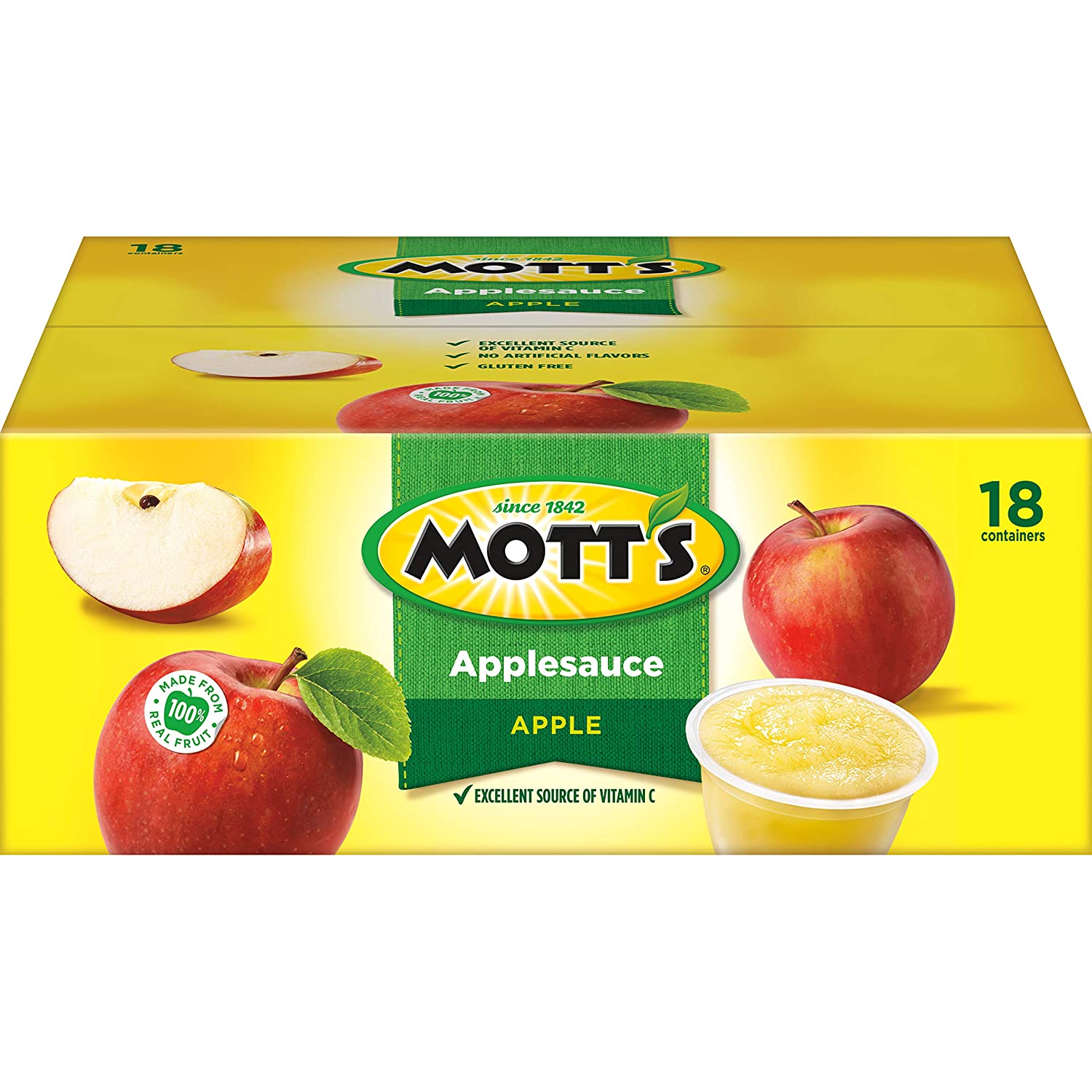Best Alternatives For Vegetable Oil: What To Use In Place Of Vegetable Oil
Cooking and baking often rely on vegetable oil as a staple ingredient, but what happens when you run out or want a healthier option? Don't worry; there are plenty of substitutes that can seamlessly replace vegetable oil without compromising flavor, texture, or nutritional value. Whether you're looking for a healthier lifestyle, catering to dietary needs, or simply experimenting in the kitchen, you'll find versatile options to suit your needs.
From common pantry staples to innovative replacements, there’s an array of choices that can step in for vegetable oil in recipes. In fact, some alternatives even add extra benefits like enhanced flavor or improved nutritional content. Whether you're frying, baking, or making salad dressings, knowing what to use in place of vegetable oil can transform your cooking experience.
This in-depth guide will walk you through all the best substitutes for vegetable oil, their unique qualities, and how to use them effectively. With 15 detailed sections, you'll gain a comprehensive understanding of how to make your meals healthier and tastier while learning some practical tips along the way. So, let’s dive in and find the perfect alternative for your next culinary adventure!
Read also:Ultimate Guide To The Cfb Playoff Inside College Footballs Pinnacle Event
Table of Contents
- Why Replace Vegetable Oil?
- Healthier Alternatives to Vegetable Oil
- Can You Use Butter Instead of Vegetable Oil?
- What About Coconut Oil?
- Olive Oil: A Versatile Substitute
- Applesauce as a Baking Alternative
- Yogurt and Buttermilk
- How to Use Avocado Oil?
- Peanut Oil for Frying
- Can You Use Milk or Cream?
- Grapeseed Oil for Neutral Flavor
- Unsweetened Purees for Desserts
- Vegetable Stock as a Low-Fat Option
- Frequently Asked Questions
- Conclusion
Why Replace Vegetable Oil?
Vegetable oil is a go-to ingredient in countless kitchens, but there are several reasons why you might want to replace it. Whether it’s due to health concerns, dietary restrictions, or simply running out of it mid-recipe, finding a substitute can be a game-changer.
Health Concerns
Many vegetable oils are highly processed and contain trans fats, which are linked to heart disease and inflammation. Additionally, some oils have high omega-6 fatty acid content, which can lead to an imbalance in your diet if consumed excessively.
Dietary Preferences
Whether you’re vegan, lactose-intolerant, or following a low-fat diet, replacing vegetable oil can help you meet your dietary goals without sacrificing the dish's quality.
Availability and Cost
Sometimes, it’s as simple as not having vegetable oil on hand. Exploring alternatives can also be a cost-effective solution, especially if you already have suitable substitutes in your pantry.
Healthier Alternatives to Vegetable Oil
When it comes to finding a healthier substitute, there’s no shortage of options. From oils that are rich in antioxidants to non-oil alternatives, here are some of the best choices:
- Olive Oil: Packed with monounsaturated fats and antioxidants.
- Avocado Oil: High smoke point and excellent for frying.
- Coconut Oil: Adds a mild, tropical flavor to baked goods.
- Unsweetened Applesauce: Perfect for reducing calories in baked recipes.
- Yogurt: Adds moisture and tanginess, especially in cakes and muffins.
Can You Use Butter Instead of Vegetable Oil?
Yes, butter can often replace vegetable oil, especially in baking and sautéing. Its rich flavor and creamy texture make it a versatile ingredient. Here’s what you need to know:
Read also:Artistry Gone Awry The World Of Ugly Manicure Images
Substitution Ratio
When substituting butter for vegetable oil, use a 1:1 ratio. For example, if a recipe calls for 1 cup of vegetable oil, you can use 1 cup of melted butter instead.
When to Use Butter
Butter works best in recipes where flavor is a key component, such as:
- Cakes and cookies
- Sautéed vegetables
- Pasta sauces
What About Coconut Oil?
Coconut oil is an excellent alternative to vegetable oil, especially for baking. It offers a subtle, sweet flavor and is packed with medium-chain triglycerides, which are considered healthier fats.
How to Use Coconut Oil
Use coconut oil in a 1:1 ratio to replace vegetable oil. Make sure to melt it before measuring for accurate results.
Best Recipes for Coconut Oil
Coconut oil works well in:
- Baked goods like cookies, cakes, and muffins
- Stir-fries and curries
- Homemade granola
Olive Oil: A Versatile Substitute
Olive oil is one of the healthiest and most versatile alternatives to vegetable oil. Its rich, fruity flavor can elevate a wide range of dishes.
When to Use Olive Oil
Olive oil is ideal for:
- Salad dressings
- Marinades
- Sautéing vegetables
Types of Olive Oil
There are several types of olive oil, each with its own unique flavor profile and use:
- Extra Virgin Olive Oil: Best for salads and dipping.
- Light Olive Oil: Suitable for frying and baking.
Applesauce as a Baking Alternative
If you’re looking for a low-fat, nutritious alternative, applesauce is a fantastic choice for baking. It adds moisture and a hint of natural sweetness to your recipes.
How to Use Applesauce
Replace vegetable oil with applesauce in a 1:1 ratio. For example, use ½ cup of applesauce instead of ½ cup of vegetable oil.
Best Recipes for Applesauce
Applesauce works particularly well in:
- Cakes and brownies
- Muffins
- Quick breads
Yogurt and Buttermilk
Yogurt and buttermilk can be used as substitutes for vegetable oil in baking. They add moisture and a tangy flavor, which works well in sweet and savory recipes alike.
Substitution Tips
Use plain, unsweetened yogurt or buttermilk to avoid altering the flavor of your dish. Replace vegetable oil in a 1:1 ratio.
Best Recipes for Yogurt and Buttermilk
These substitutes are ideal for:
- Pancakes and waffles
- Muffins
- Loaves and cakes
How to Use Avocado Oil?
Avocado oil is a nutrient-rich alternative with a high smoke point, making it perfect for frying and grilling. It’s loaded with heart-healthy monounsaturated fats.
Why Choose Avocado Oil?
Avocado oil has a neutral flavor, making it a versatile option for nearly any recipe. It’s also rich in vitamins like Vitamin E and antioxidants.
Best Uses for Avocado Oil
Avocado oil is excellent for:
- Frying and sautéing
- Salad dressings
- Baking
Peanut Oil for Frying
If you’re looking for a frying oil, peanut oil is a great substitute for vegetable oil. It has a high smoke point and a subtle nutty flavor that enhances fried dishes.
When to Use Peanut Oil
Peanut oil is best suited for:
- Deep frying
- Stir-frying
- Grilling skewers
Can You Use Milk or Cream?
While milk and cream aren’t direct replacements for vegetable oil, they can work in certain recipes to maintain moisture and richness.
How to Use Milk and Cream
Replace a portion of the vegetable oil with milk or cream to enhance the creaminess of your dish. This works best in recipes like baked goods or sauces.
Grapeseed Oil for Neutral Flavor
Grapeseed oil is another excellent alternative with a neutral flavor and high smoke point. It’s a great choice for frying, sautéing, and baking.
Benefits of Grapeseed Oil
Grapeseed oil is low in saturated fats and contains antioxidants, making it a healthier option than traditional vegetable oil.
Unsweetened Purees for Desserts
Unsweetened purees like pumpkin or banana can replace vegetable oil in desserts, adding natural sweetness and moisture.
How to Use Unsweetened Purees
Use the same amount of puree as the recipe calls for vegetable oil. For example, ½ cup of mashed banana can replace ½ cup of oil.
Vegetable Stock as a Low-Fat Option
For a low-fat alternative, vegetable stock can replace vegetable oil in savory recipes. It adds moisture and flavor without the added fat.
When to Use Vegetable Stock
Vegetable stock works best in:
- Soups
- Stews
- Rice and grain dishes
Frequently Asked Questions
1. Can I use water instead of vegetable oil?
Water can replace vegetable oil in some recipes like baking, but it may affect the texture and moisture.
2. What’s the best oil for frying?
Peanut oil and avocado oil are the best substitutes for frying due to their high smoke points.
3. Is coconut oil healthier than vegetable oil?
Coconut oil contains medium-chain fatty acids, which are generally considered healthier than the trans fats in some vegetable oils.
4. Can olive oil be used in baking?
Yes, olive oil can replace vegetable oil in baking, but it may add a fruity flavor to your dish.
5. Are there non-oil substitutes for vegetable oil?
Yes, options like applesauce, yogurt, and purees can replace vegetable oil without using any oil.
6. Can I use mayonnaise instead of vegetable oil?
Yes, mayonnaise can replace vegetable oil in baking recipes like cakes and brownies as it adds moisture and richness.
Conclusion
Now that you know what to use in place of vegetable oil, you can confidently experiment with a range of substitutes to elevate your cooking and baking. From healthier oils like olive and avocado to creative non-oil options like applesauce and yogurt, the possibilities are endless. By making informed choices, you can improve the flavor, texture, and nutritional value of your recipes while meeting your dietary preferences. Happy cooking!
Article Recommendations

